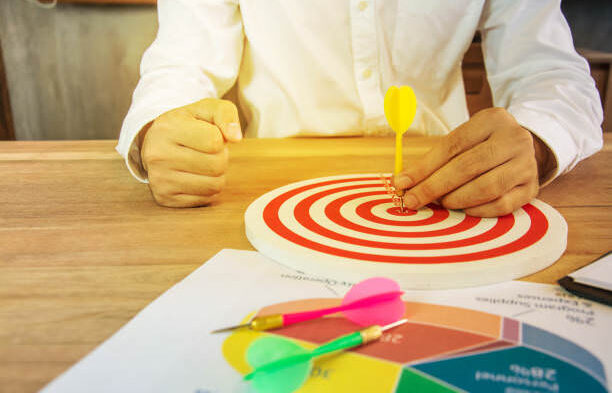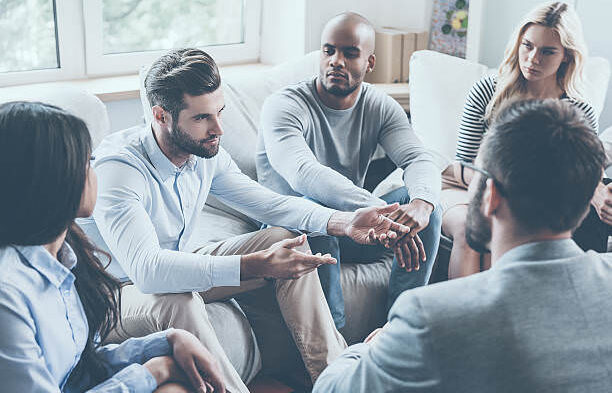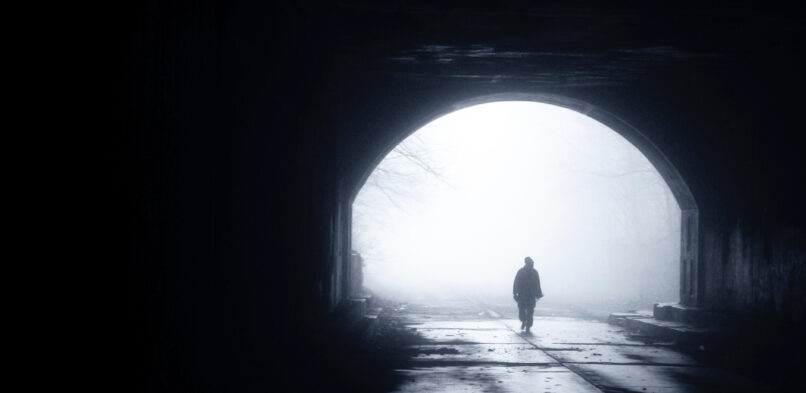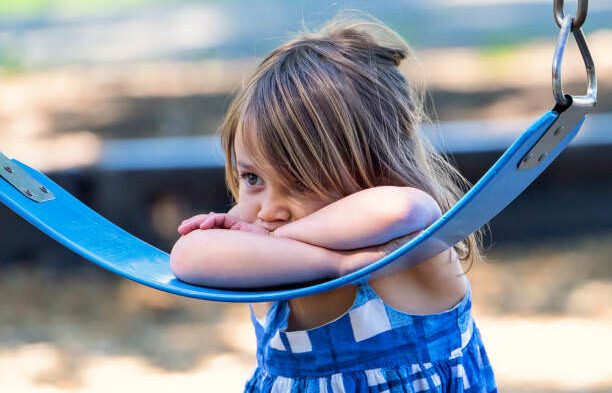Stop blaming the geek toys!!!
March 14, 2015 Comments Off on Stop blaming the geek toys!!!HuffPost –
Read moreIn recognition of World Sleep Day and with the help of research firm KJT Group, Philips conducted a survey titled “Sleep: A Global Perspective” to help gain insight into the main sleep disturbances affecting people worldwide. They found that worrisome thoughts about work and economic or financial issues are the top two stressors keeping people awake at night. Speaking with almost 8,000 people across 10 countries, the research team gathered information regarding participants’ sleep times, wake times, daily routines, sleeping environments and perceptions of their work-life balance to determine the greatest obstacles in the way of developing healthier sleep habits.









